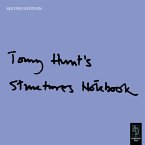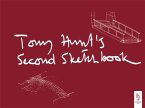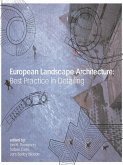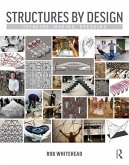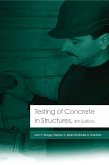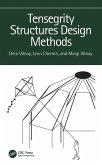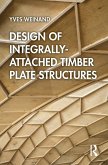The purpose of the Structures Notebook is to explain, in the simplest possible terms, about the structure of 'things', and to demonstrate the fact that everything you see and touch, live in and use, living and man-made, has a structure which is acted upon by natural forces and reacts to these forces according to its form and material. The Structures Notebook was originally written by Tony Hunt as a brief teaching aid for students at the Royal College of Art who had very little, if any, knowledge of physics or structural behaviour. It has now been expanded, and with this second edition, updated, into a more comprehensive book while retaining a simple visual and non-mathematical approach to structures. The book is divided into seven main sections, in a logical sequence, and is written in simple language. Each section, related to its text, has a comprehensive set of hand-drawn sketches which show, as simply as possible, what the text is about. The book is almost totally non-mathematical since the author believes very strongly that structural behaviour can be understood best by diagrams and simple descriptions and that mathematics for the majority of people interested in design is a barrier. The design of structures is a combination of art and science and to achieve the best solution, concept should always come before calculation.
Dieser Download kann aus rechtlichen Gründen nur mit Rechnungsadresse in A, B, BG, CY, CZ, D, DK, EW, E, FIN, F, GR, HR, H, IRL, I, LT, L, LR, M, NL, PL, P, R, S, SLO, SK ausgeliefert werden.
Hinweis: Dieser Artikel kann nur an eine deutsche Lieferadresse ausgeliefert werden.



